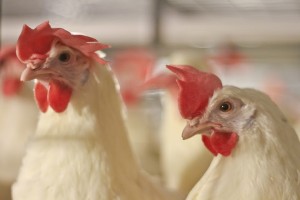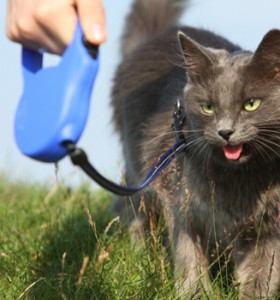 Animal Policy, Animal Rights
Animal Policy, Animal Rights  1 Comment
1 Comment Humane Society Legislative Fund Attack Ad Rejected by Television Stations
So the Humane Society Legislative Fund (HSLF) launches an absolutely nuclear political attack ad that stops just short of claiming U.S. Rep. Steve King’s favorite hobby is dragging children to dog fights (before you ask, he is on record opposing all forms of animal fighting and he supports state laws that criminalize it), and now they are shocked — just shocked — that television stations in Iowa are refusing to air it.
Dane Waters, political director of the Humane Society Legislative Fund, said in an interview on Monday he disagreed with the station managers. “If they have a problem at all I believe it is more political than anything else,” Waters said.
Ah, hiding behind the old “it’s just politics” excuse. Of course the networks’ refusals have nothing to do with the ad’s graphic sensationalism or because its message has been judged to be “patently false.” Just as the HSLF ad has nothing to do with the fact that the Humane Society of the United States (HSUS) considers King to be a major thorn in their side, right (because it’s just a coincidence that Wayne Pacelle, the CEO of HSUS spent much of last July and August attacking the representative…)?
Sure, if you say so.
Reasonable people can have disagreements over policies and their implementation; it can be messy, but it is better than the alternative, and a vital component of living in a free society. Unreasonable people view those with dissenting opinions as fools or devils to be dismissed, defamed, even destroyed if necessary — ideological totalitarians, to put it kindly. Judging by the HSLF’s methods of attack and reaction to being called out — unfettered by facts, reason, or decency — it is fair to say they have cast their lot with the unreasonables.
The only good things about this latest campaign is that it serves as a stark example of the vicious, discourse-killing dishonesty the humane industry employs upon those who stand up to them, and of why so many people are afraid to speak out, even when it is clear the facts are not adding up.
According to King’s website, all eight networks have now pulled the ad. Good for them.




